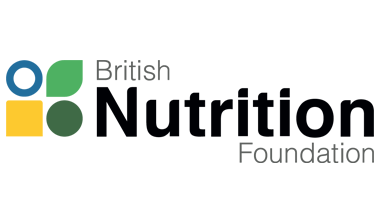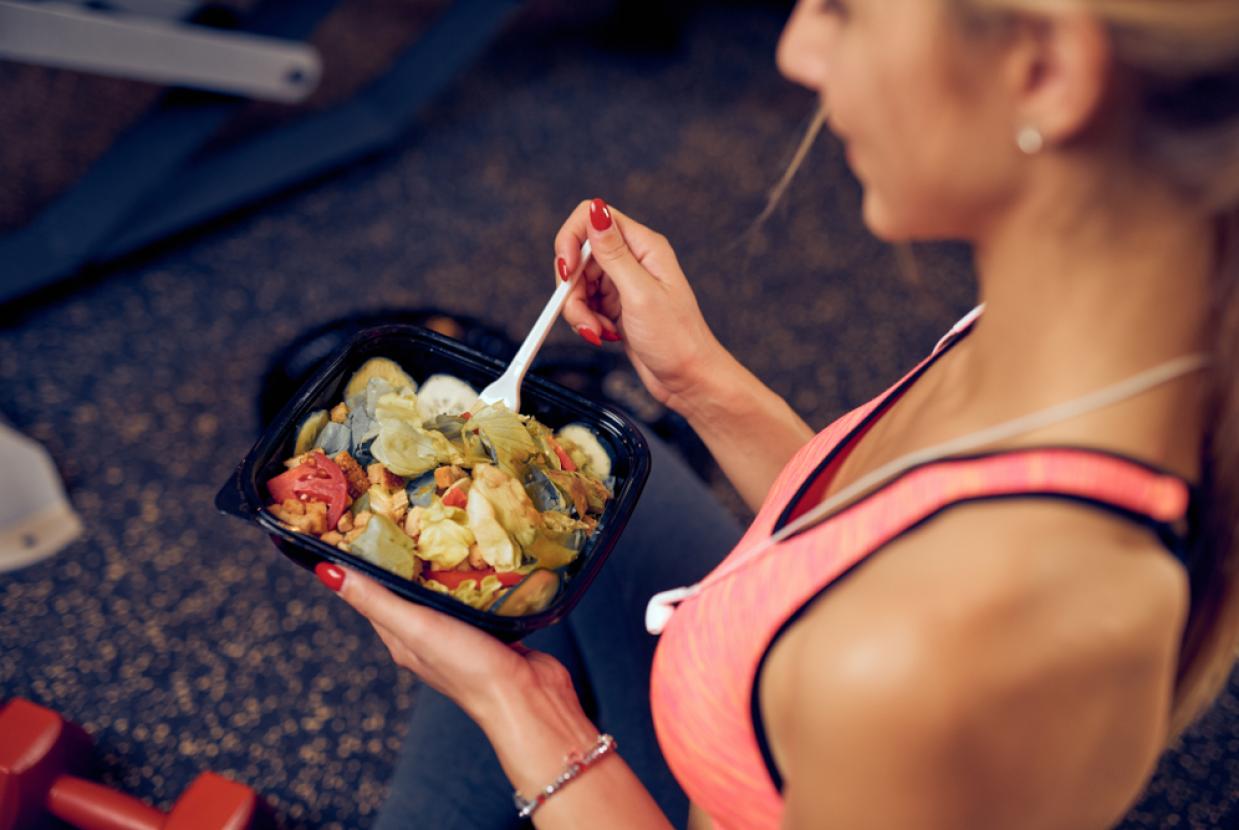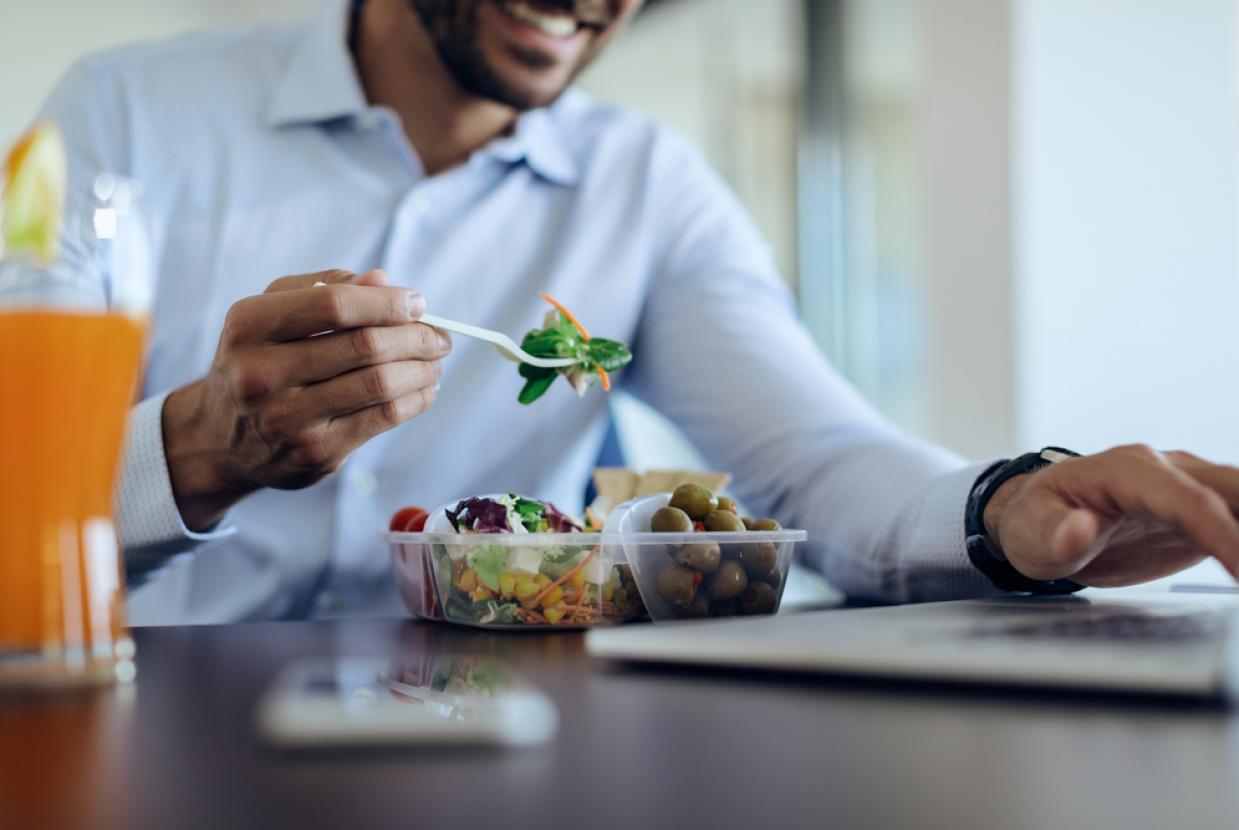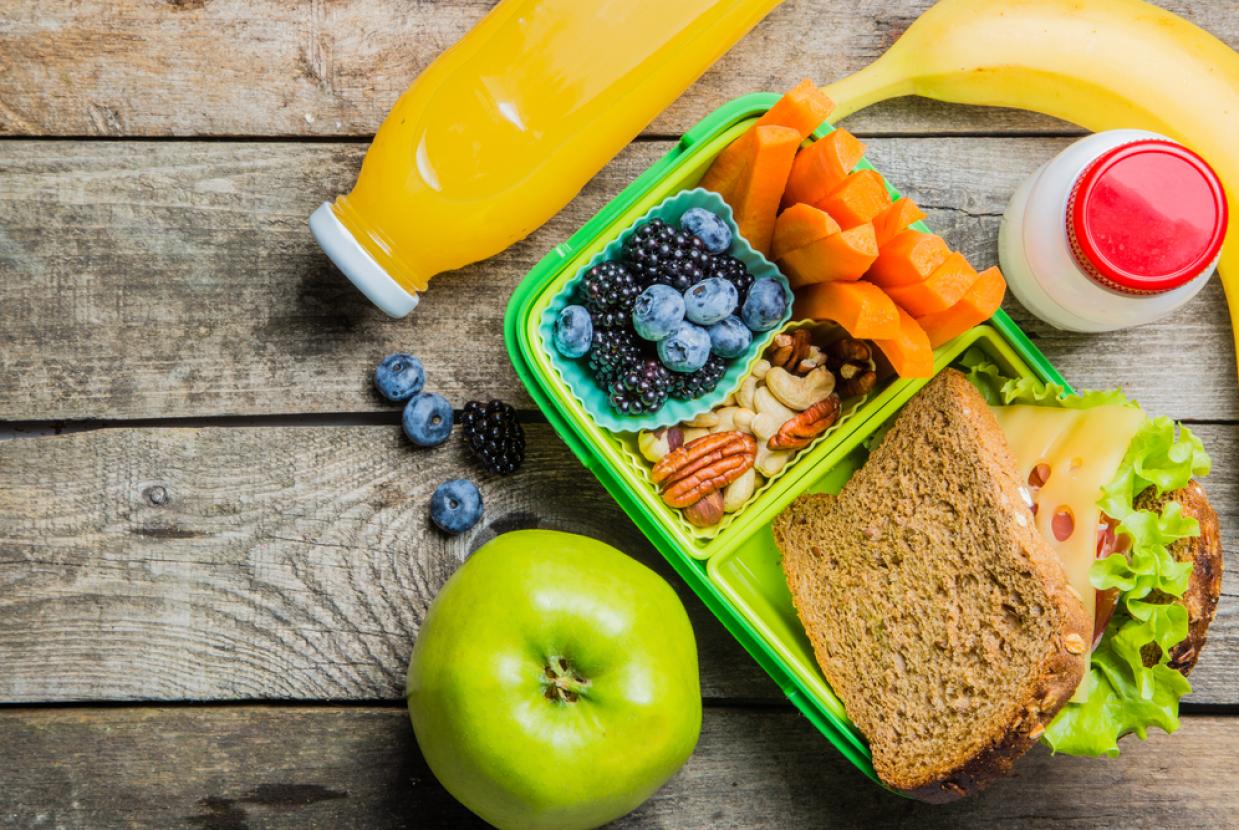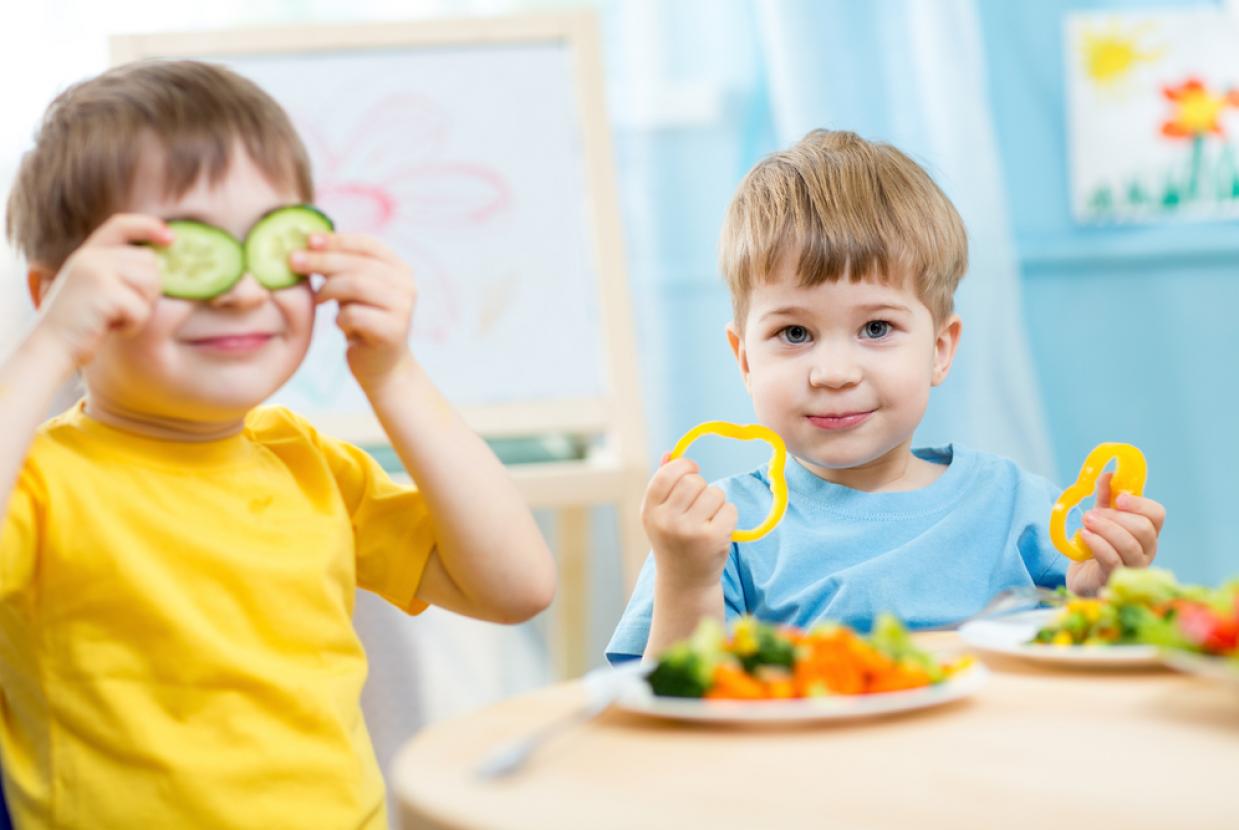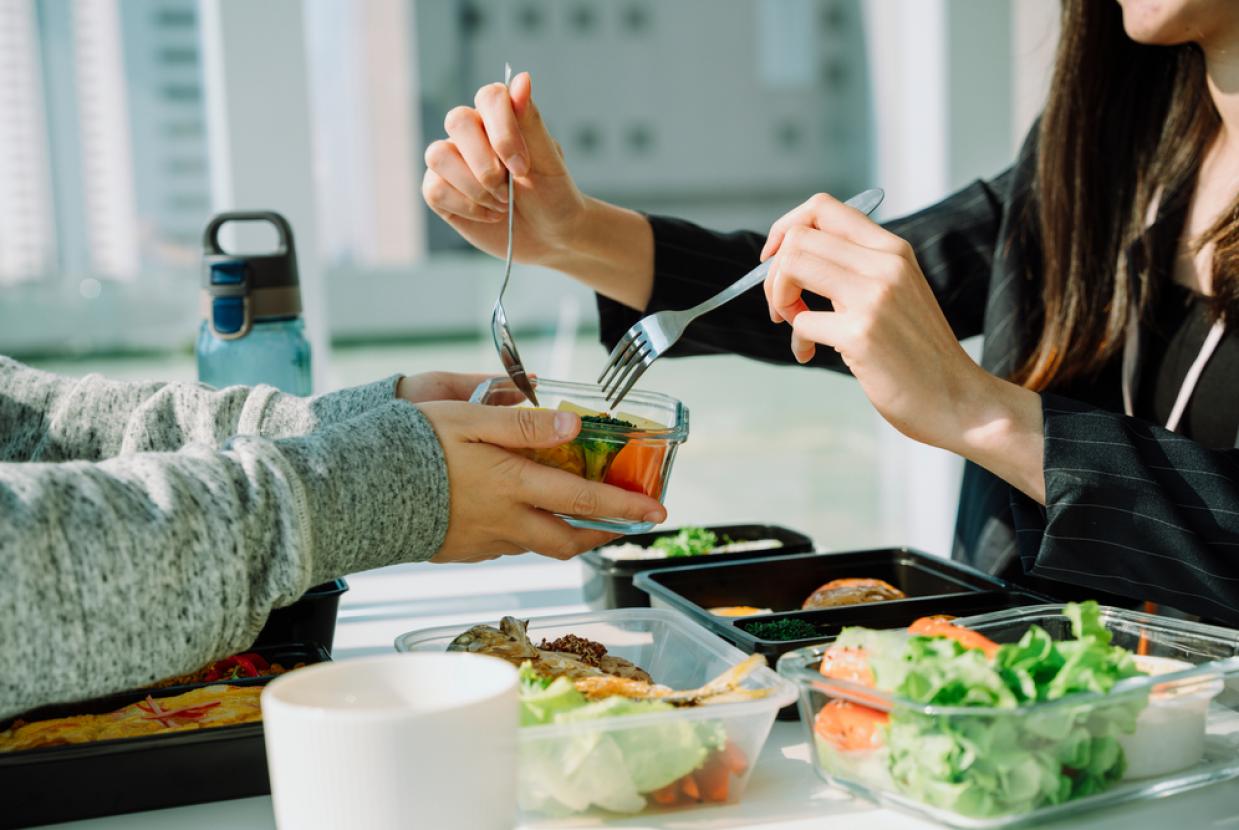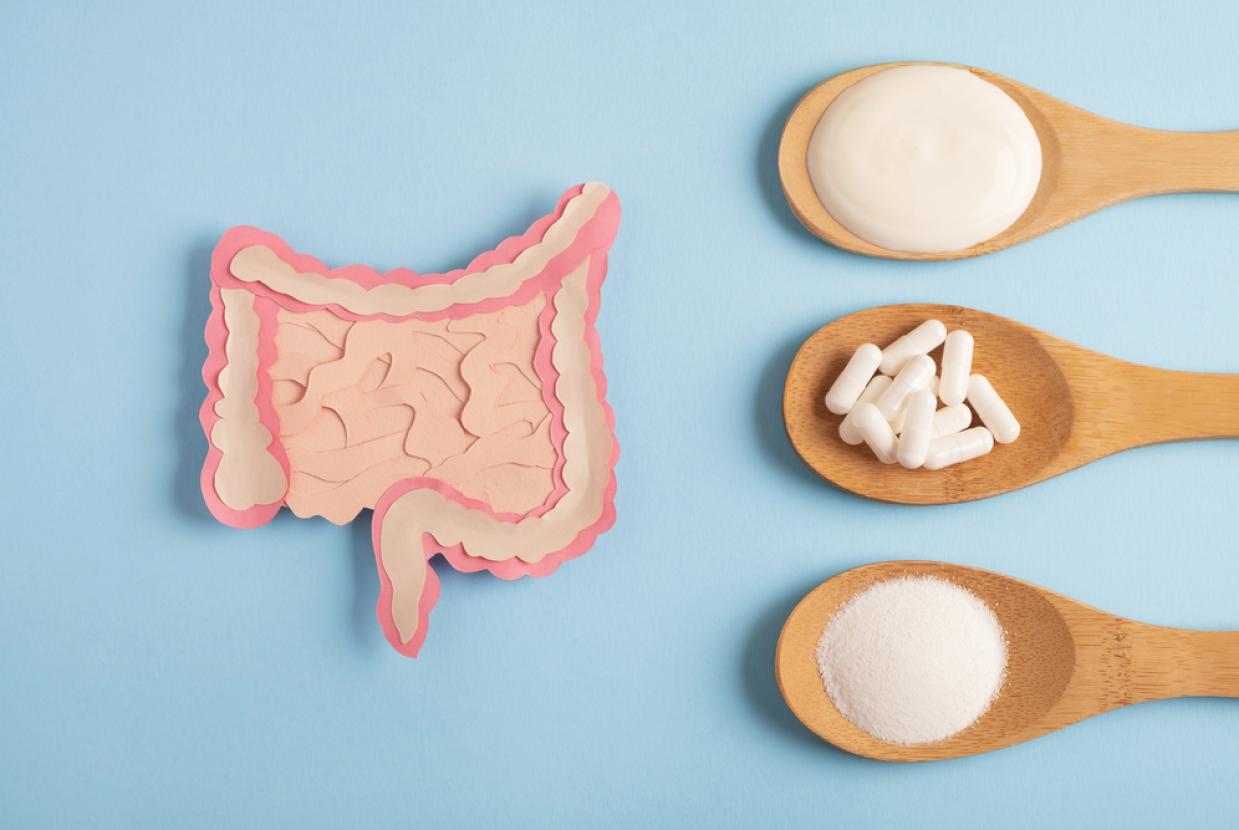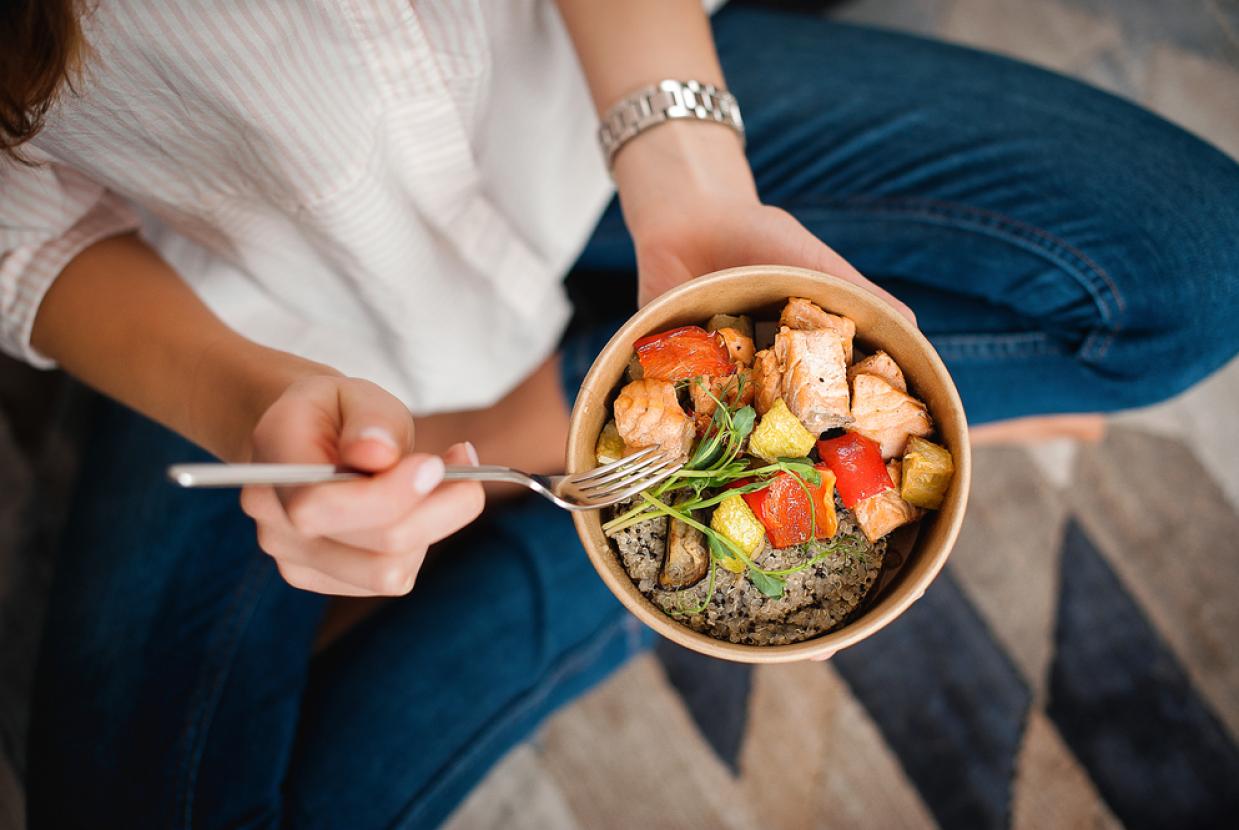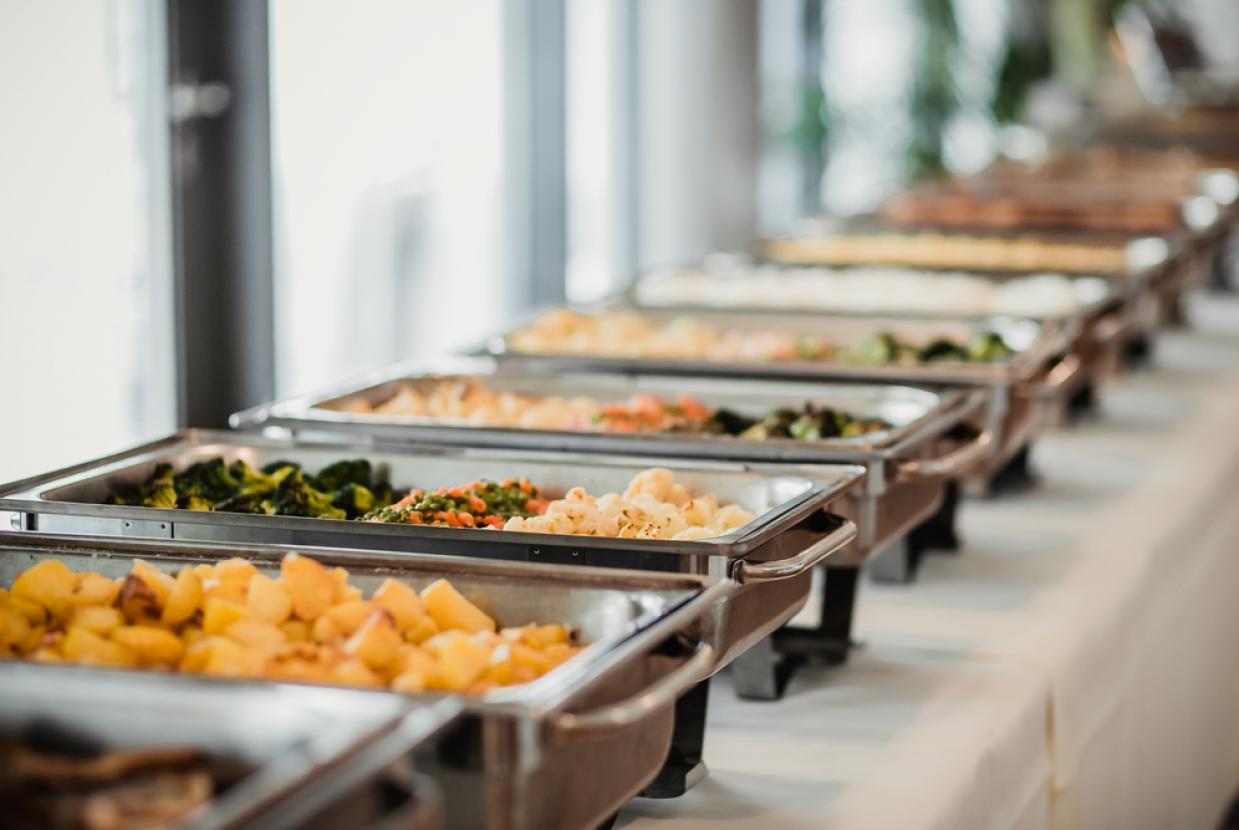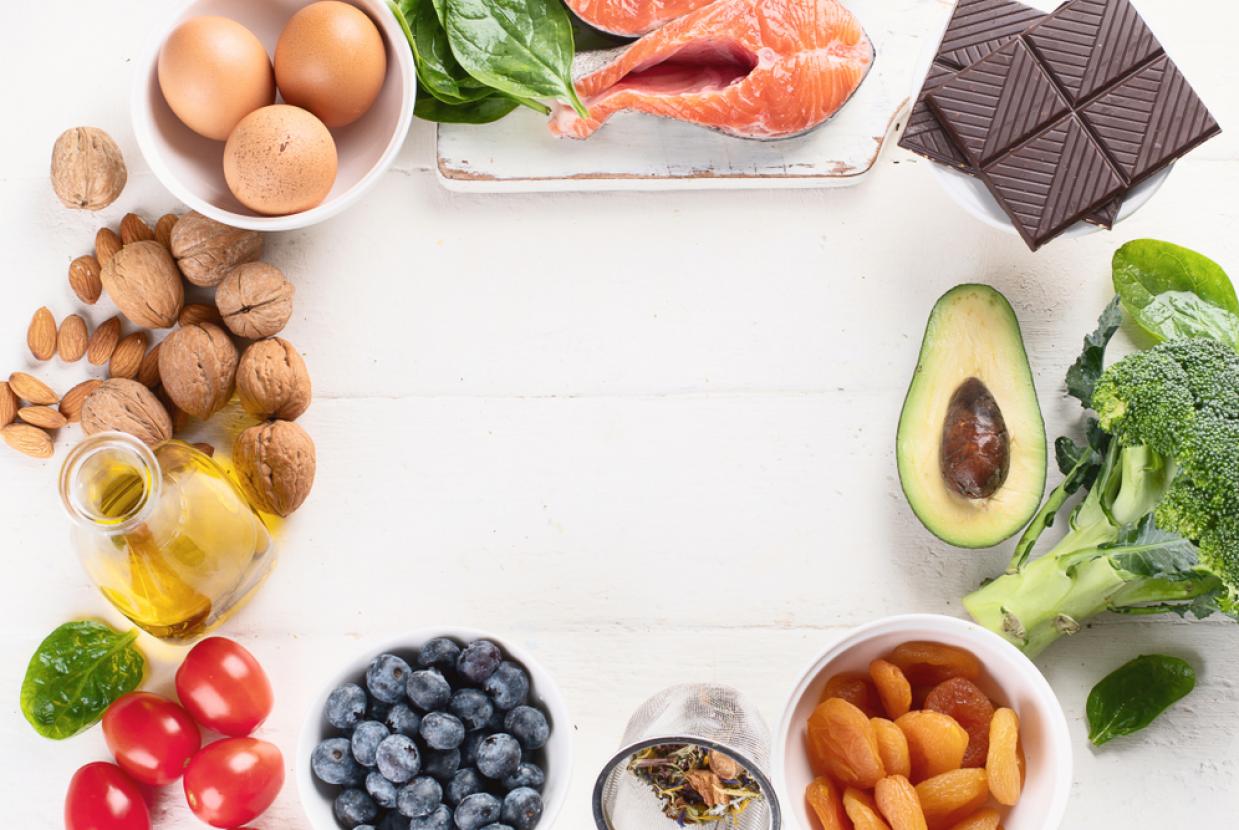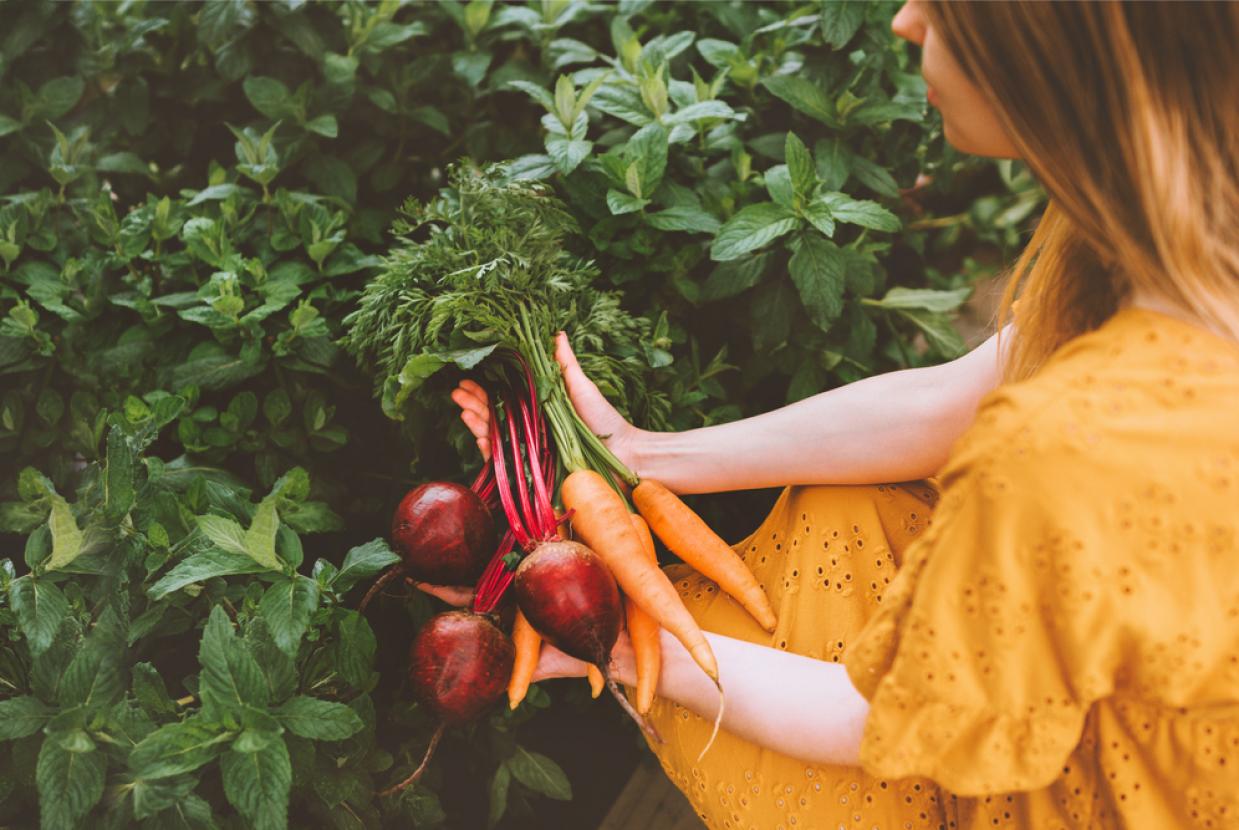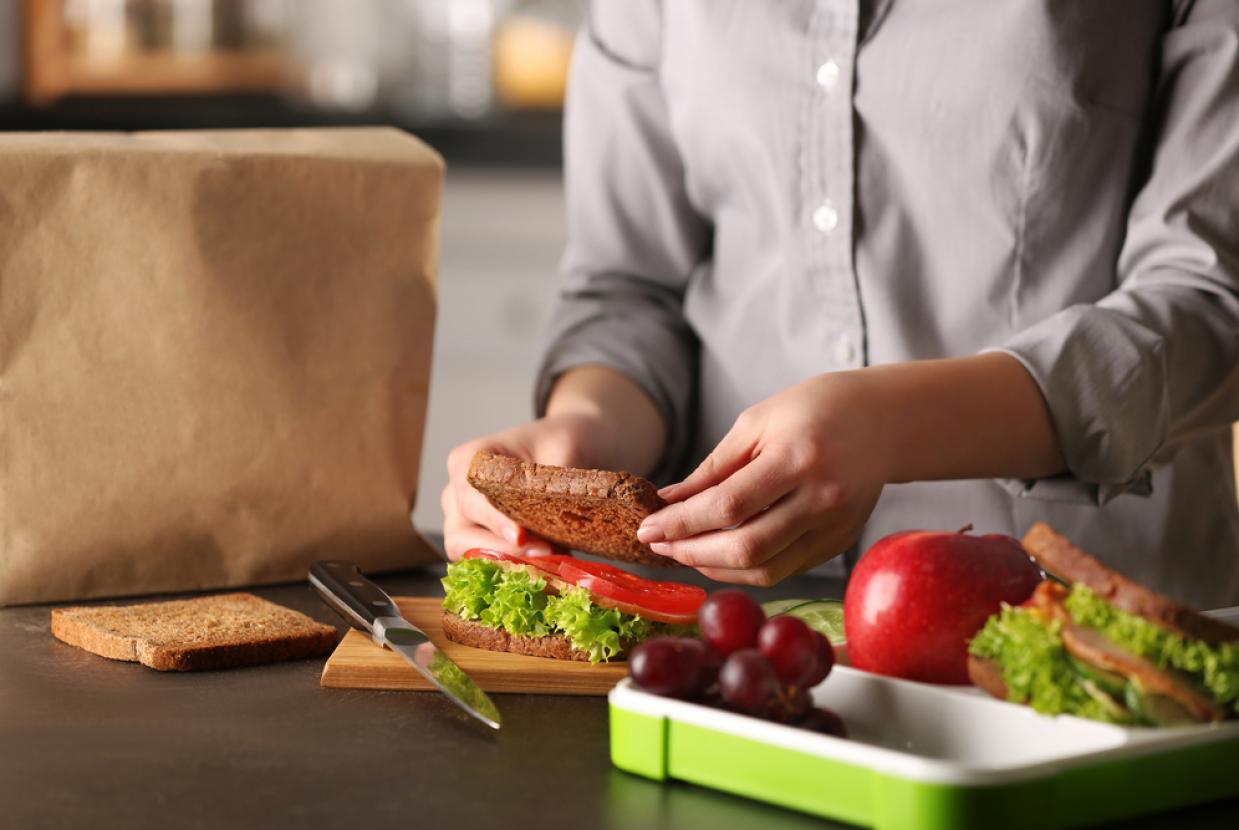Healthier Packed Lunches
Lunch is an important meal for children to provide energy and nutrients to keep them going throughout the afternoon. A packed lunch made at home can be a healthy and delicious choice and gives you control over the foods and ingredients included. The key to a healthy packed lunch is variety and getting the right balance of foods to provide children with all of the nutrients they need to stay healthy.
Before reading it may be worth considering whether your child could have a school meal. Meals served in schools in the UK (with the exception of some academies) have to comply with regulatory standards for the foods provided and it is often easier to get the essential nutrients children need into a cooked meal than into a packed lunch. However, if you would prefer to provide a packed lunch, this article can guide you in making it healthy and tasty.
Lunch is an important meal for children to provide energy and nutrients to keep them going throughout the afternoon. A packed lunch made at home can be a healthy and delicious choice and gives you control over the foods and ingredients included.
The key to a healthy packed lunch is variety and getting the right balance of foods to provide children with all of the nutrients they need to stay healthy.
What makes a healthy, balanced packed lunch for children?
There are currently no regulations regarding the types of foods that can be included in school packed lunches, although many schools have policies in place, so it’s a good idea to familiarise yourself with your child’s school packed lunch policy as some food items may be restricted.
Below are some guidelines on how to put together a healthy, balanced packed lunch – these follow the principles of the UK healthy eating model, the Eatwell Guide. A school packed lunch should:
Be based on starchy foods
- This can include rice, pasta, bread, couscous, wraps, pitta, potatoes and chapatti and where possible try to choose wholegrain varieties like wholemeal bread and leave skins on potatoes.
Include plenty of fruit and vegetables
- Include 1-2 portions in your child’s lunch box and try to vary these throughout the week.
- You could add sliced vegetables into a pasta dish or sandwich.
- Supermarkets often have packs of chopped fresh fruits or individual packs of dried fruits. Keep some of these in the cupboard for those days when you don’t have much time to prepare.
Include a portion of beans, pulses, fish, eggs, meat, a dairy food and/or a non-dairy source of protein
- Use beans, pulses, fish, eggs, meat and other sources of protein as sandwich fillings or in a pasta or rice salad.
- If you’re not including a dairy food in the main lunch item (for example in a salad or sandwich), add in a yogurt or some cheese such as a cheddar stick or cheese string to the lunch box.
- If you’re including a dairy alternative, such as a soya yogurt or milk, choose varieties which are unsweetened and fortified with calcium.
Include a drink
- Healthy options include water, semi-skimmed or 1% milk
- You could also give your child fruit juice or a smoothie – but remember, fruit juice and smoothies should be limited to a combined total of 150ml a day. You could always dilute fruit juice with still or sparkling water.
Snacks and healthier treats
Break-time snacks
Although some cakes and savoury snacks may be allowed by your child’s school policy, these should be included less often and it is a good idea to select healthier options where possible. Below are some ideas for healthier break-time snacks.
- Whole or sliced fruit
- Vegetable sticks like celery, carrot, pepper and cucumber. Some vegetables are naturally baton-shaped which can save you time preparing, for example sugar snap peas and baby corn.
- Bag of plain popcorn
- Breadsticks
- Unsalted nuts (check your child’s schools policy on nuts first as some schools do not allow nuts to be brought in)
- Rice or corn cakes
Avoid giving your children dried fruit as a break time snack as they are high in sugar and can be harmful to their teeth, instead only offer it at meal times.
Healthier treats
Having a healthy lunch does not mean not allowing any treats. Here are some ideas that the kids may like (these can also be enjoyed by adults too!). You could even get children involved in baking these yourselves. It’s a good idea to check with your child’s school policy that these items are allowed.
- Banana bread
- Malt loaf
- Plain, fruit or cheese and chive scones
- Rice pudding



